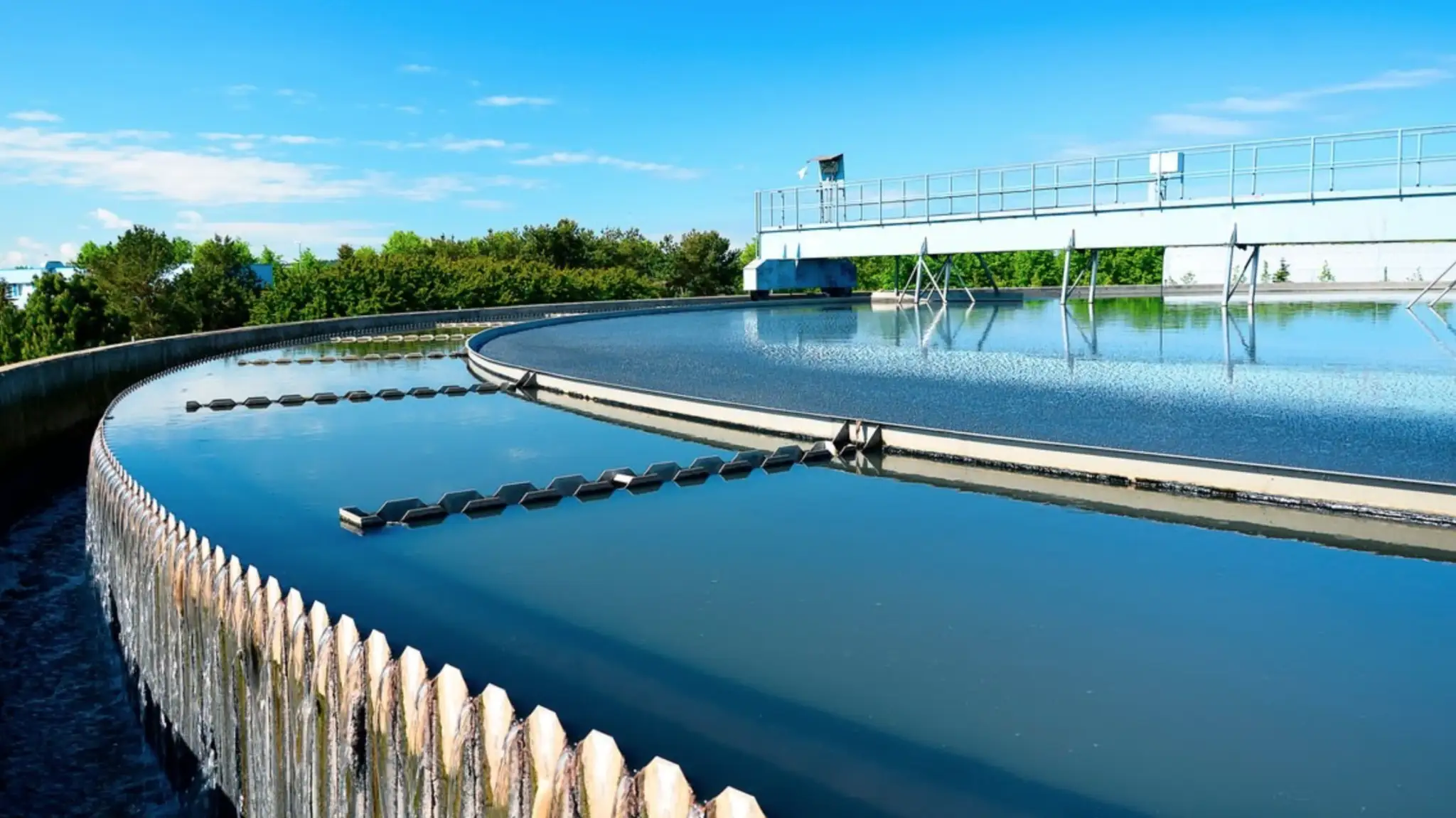Coauthor Alexander Esquivel López
Currently, significant progress has been made in some aspects of environmental sustainability: the total area of protected zones has increased, the consumption of substances that damage the ozone layer has decreased considerably, and the region has made progress in expanding the coverage of drinking water and sanitation services. In this context, integrated water resources management is essential for sustainable development. However, we are currently facing multiple obstacles: the financial, climate, energy and food crises may divert the region from meeting its commitments to environmental sustainability.
Until the late 1980s, the environment and its relationship with economic growth and social justice did not figure prominently on national or international agendas. This situation began to change with the emergence of the concept of sustainable development, which was consolidated in 1987 with the publication of Our Common Future, also known as the Brundtland Report.
The Brundtland Report defines sustainable development as “development that meets the needs of the present without compromising the ability of future generations to meet their own needs”. Extending the concept, a sustainable society can be understood as one that does not exhaust its resource base over generations or produce more pollutants than nature can absorb.
Based on this conception, today’s societies need an approach that helps them to understand better the complex and dynamic relationships that exist between humans and nature, in order to manage their resources sustainably. This being said, it is necessary not only to conduct research on issues related to sustainability but also to innovate and find solutions that will allow our generation and those to come to live in harmony with nature.
Climate change impacts
Due to climate change, it is important to consider that tropical storms and atmospheric phenomena are becoming more frequent in the region, which is why integrated water resource management is becoming increasingly important. Water resources are an essential element for social, economic and environmental well-being and development.
Since water is a finite, vulnerable, and essential resource for maintaining life, ecosystems, and economic development, adequate public and political management of water resources is indispensable. This is necessary to promote compatibility between the satisfaction of economic and social uses and environmental functions in order to achieve sustainable use.
Historically, water has generally been considered by societies as an endless resource. Recently, nevertheless, deficiencies in water availability in some regions, degradation of the quality of water bodies, and inequity in access to drinking water and sanitation have led to an incipient recognition of the need for better conservation and planning of water resources.
Currently, there are a number of initiatives in the region that are focused on raising awareness of the global water crisis and deciding on concerted actions that mobilize all sectors, people, organizations and countries, with the aim of promoting political efforts focused on solving this problem.
One example is the Regional Group of Experts on Water Resources in Latin America and the Caribbean, which aims to join efforts to implement initiatives such as the exchange of relevant information on water issues, publications and studies under development, as well as to explore opportunities for collaboration to support the countries of the region. All these activities are aimed at accelerating the achievement of Sustainable Development Goal (SDG) 6.
Another noteworthy initiative is the Sustainability Research and Innovation Congress (SRI), to be held in June in Panama, where research projects and co-management strategies will be discussed to obtain the relevant impacts on the conservation of water resources. One of the objectives is to highlight the research projects and co-management strategies being developed at the Center for Hydraulic and Hydrotechnical Research (CIHH) of the Technological University of Panama (UTP), where the aim is to achieve the necessary effects on the conservation of water resources in the country.
In the SRI Congress, the main lines of the Action Plan for Integrated Water Resources Management will be discussed, such as the institutional framework and water governance or vulnerability and adaptation to climate change. This will allow Panama to make modern management of water resources and thus achieve sustainable management of these resources by articulating the needs for political, legal and financing reforms, the development of institutional models and management tools.
These are just some of the initiatives demonstrating that the region has a long way to go. Progress has already been made in this area, and this type of policy is currently being implemented in most of the countries.
Alexander Esquivel López holds a PhD in Science and Technology of Radiation, Minerals and Materials. He is a researcher at CIHH-UTP and a member of the Panamanian Association of Soil Science and Related Sciences and ISTRA.
*Translated from Spanish by Micaela Machado Rodrigues











